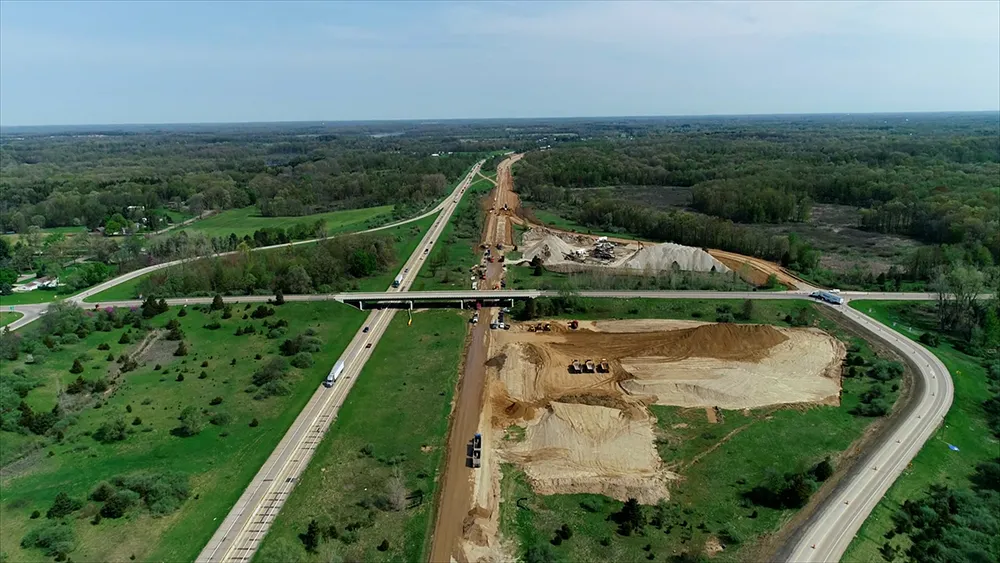Considered one of the largest construction firms in the world, the Saudi Binladin Group (SBG) is a family-owned business which has grown over the years into a highly diversified group with operating divisions spread across key business sectors. The Group’s portfolio of construction projects is an array of Saudi Arabia’s most iconic landmarks that includes Princess Nora University’s new campus, Jeddah’s Kingdom Tower and Riyadh’s King Abdullah Financial District, a new development consisting of 34 towers tha
September 27, 2013
Read time: 2 mins
Considered one of the largest construction firms in the world, the 2800 Saudi Binladin Group (SBG) is a family-owned business which has grown over the years into a highly diversified group with operating divisions spread across key business sectors. The Group’s portfolio of construction projects is an array of Saudi Arabia’s most iconic landmarks that includes Princess Nora University’s new campus, Jeddah’s Kingdom Tower and Riyadh’s King Abdullah Financial District, a new development consisting of 34 towers that aims to be the largest financial center in the Middle East.
“The Gulf region is seeing some of the world’s most exciting infrastructure development programs in decades,” noted Dr Fuad Rihania, a senior consultant with the Saudi Binladen Group, “…and much of these investments are happening here in Saudi Arabia.” With an unprecedented expansion of the Kingdom’s highways, airports, and railway links, Saudi authorities have always been able to rely on SBG’s expertise in delivering complex turnkey megaprojects. “Our expertise across all fields of civil, electrical and transport engineering combined with a focus on project management tools allow us to scale up and undertake megaprojects under deadlines that would be impossible for companies of a smaller scale” according to Dr Rihania.
“As a strong believer in the contribution of highways to socio-economic development, SBG is proud to be the main sponsor of the 17th IRF World Meeting & Exhibition. Our Group places significant value on continuing professional development for highway engineers, and we are particularly pleased to be supporting several technical visits as well as a roundtable on best practices in megaproject management” added Dr Rihania. “IRF World Meetings have always attracted the best in policy, business and research innovation. The whole sector stands to gain from events such as these.”
Section:3918 IRF Washington
“The Gulf region is seeing some of the world’s most exciting infrastructure development programs in decades,” noted Dr Fuad Rihania, a senior consultant with the Saudi Binladen Group, “…and much of these investments are happening here in Saudi Arabia.” With an unprecedented expansion of the Kingdom’s highways, airports, and railway links, Saudi authorities have always been able to rely on SBG’s expertise in delivering complex turnkey megaprojects. “Our expertise across all fields of civil, electrical and transport engineering combined with a focus on project management tools allow us to scale up and undertake megaprojects under deadlines that would be impossible for companies of a smaller scale” according to Dr Rihania.
“As a strong believer in the contribution of highways to socio-economic development, SBG is proud to be the main sponsor of the 17th IRF World Meeting & Exhibition. Our Group places significant value on continuing professional development for highway engineers, and we are particularly pleased to be supporting several technical visits as well as a roundtable on best practices in megaproject management” added Dr Rihania. “IRF World Meetings have always attracted the best in policy, business and research innovation. The whole sector stands to gain from events such as these.”
Section:








